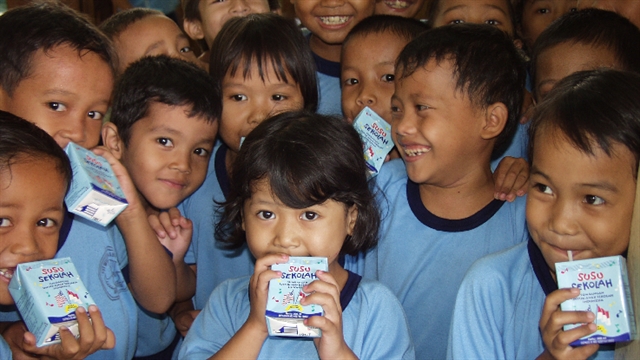Tetra Pak’s sustainability report highlights its commitment to food, people and futures
Tetra Pak has released its 2020 Sustainability Report, highlighting its commitment to protect what’s good in the midst of a global pandemic, which is brought to life by protecting food, protecting people and protecting futures.

Tetra Pak has released its 2020 Sustainability Report, highlighting its commitment to protect what’s good in the midst of a global pandemic, which is brought to life by protecting food, protecting people and protecting futures.
Thanks to the rise of digitalisation and connectivity, Tetra Pak has gained achievements in its protecting food journey, encompassing 68 million schoolchildren received milk or other nutritious food in Tetra Pak packages while 56 countries to have school feeding programmes implemented.
In addition, Tetra Pak is working to support the sustainable future of the planet with low-carbon solutions for a circular economy and to enhance sustainability across the value chain, from sourcing to production to the end of life of its products. In July 2019, Tetra Pak became the first carton packaging company to launch paper straws in Europe.
In Viet Nam, Tetra Pak is known for its manufacturing hub in Binh Duong Province - one of the first of its kind in Viet Nam to apply the latest, most-demanding environmental standards set by the globally-recognised LEED Gold V4 certification as well as its responsible practices to promote a low-carbon circular economy and actions to improve cartons recycling in Viet Nam. Notably, in order to support the country’s collective response to the outbreak of COVID-19, Tetra Pak donated testing equipment valued at 80,000 euros equivalent to VND2 billion to the Centre for Disease Control of the Ha Nam Province for the purchase of two medical equipment and testing kits.
Tetra Pak also has set out an ambitious new climate goal. In June 2020, Tetra Pak announced a commitment to reach net zero greenhouse gas (GHG) emissions in its operations by 2030, with the ambition to achieve net zero GHG emissions for the value chain by 2050. The company also aims to field test an aseptic package made fully from renewable sources by 2022. — VNS





